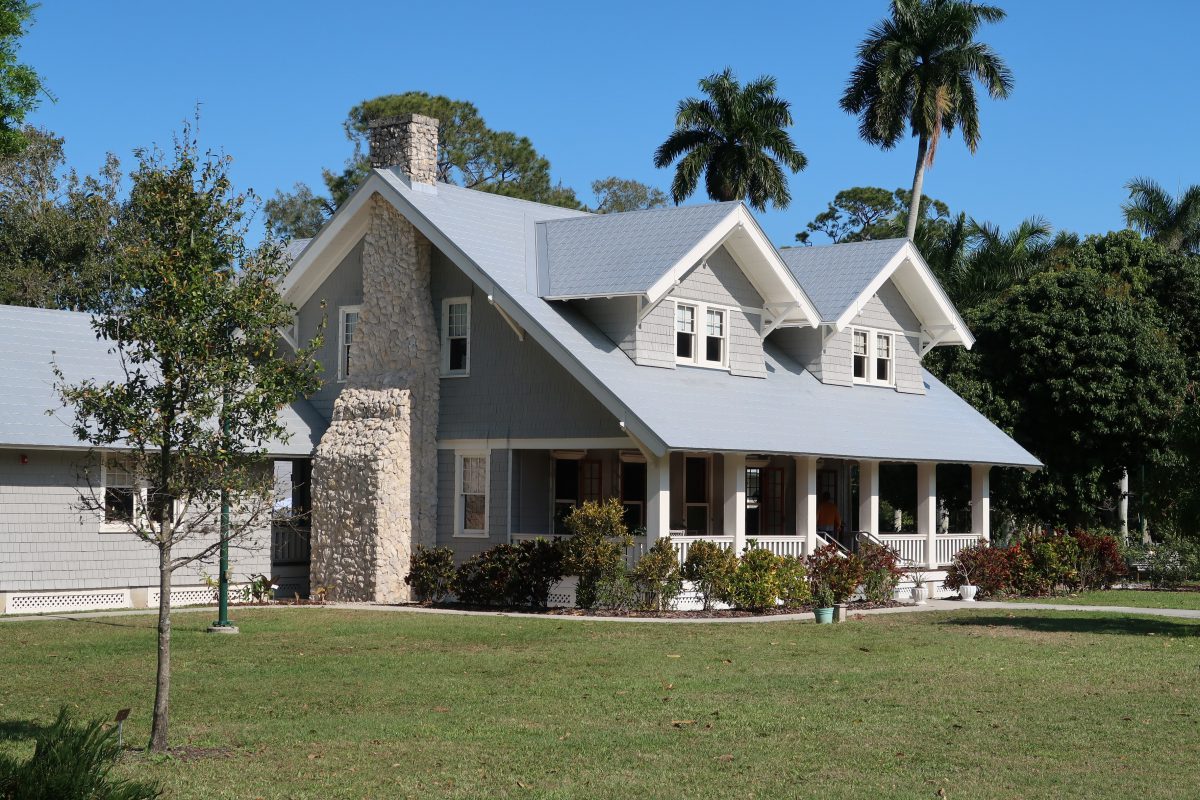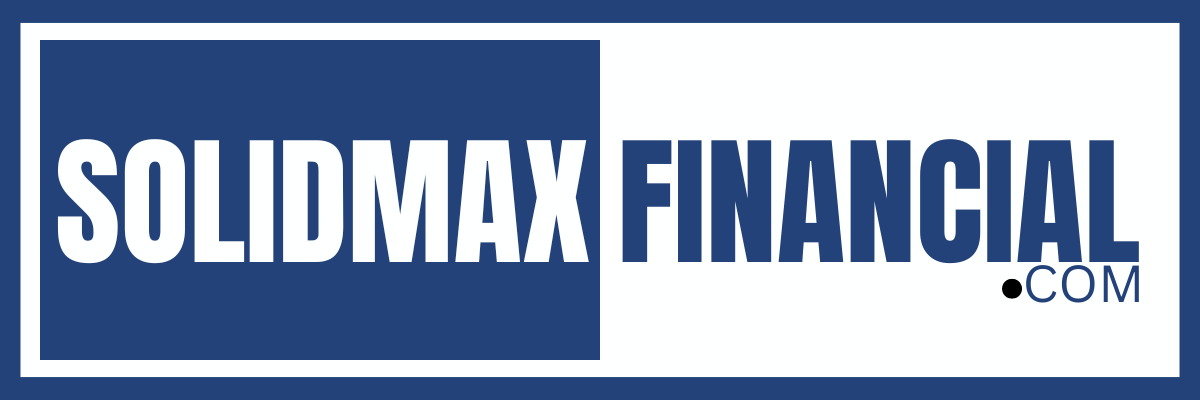
Vacation & Second Home Mortgages
Build your net worth with a beautiful asset while providing you and your family the perfect spot to relax and unwind
Mortgage Refinancing
Get out of a high rate mortgage, or unlock some of your home equity for debt consolidation or other important need.


Mortgage Pre-Approval
A mortgage pre-approval is an important step in the home buying process and we can help you out
What you need to buy home
Save with your downpayment
This is the amount of money you put towards buying a home. The minimum amount you pay varies depending on the purchase price.
The minimum down payment required for a mortgage ranges from 5% for homes that cost less than $500,000. For homes that cost $500,000 to $999,999, the minimum down payment is 5% of the first $500,000 plus 10% of the remaining balance. The minimum down payment for homes that cost $1,000,000 or more is 20%
Save more with 20% down
Make your down payment at least 20% of the property value to lower your monthly mortgage costs and amount of interest you’ll pay over the term.
If you put less than 20% down, you’ll need mortgage default insurance

Ways to save money for your down payment
You’ve got options to collect funds and reduce the amount of mortgage you need.
Home Buyers’ Plan (HBP)
If you’re a first-time home buyer you can withdraw up to $35,000 from your RRSP to help buy a home.
Savings account
Save your dollars and add them to a high interest or tax-free savings account.
Other sources
Put monetary gifts from family, tax refunds and work bonuses towards buying your dream home.
Our Trusted Lenders












We Know Mortgages
Mortgage Products and Services you can Trust.Ready to buy your first home?
Mortgage Refinancing
Mortgage Renewals
Find out what you can afford

Best Mortgage Services
At Solid Max Financial, we offer the best mortgage services tailored to your needs. Whether you’re looking for private mortgages, second mortgages, or refinancing options, our expert team is here to guide you every step of the way. Serving Brampton, Toronto, Oakville, and Kitchener, we provide personalized solutions to help you achieve your homeownership goals with competitive rates and unmatched service.
Mortgage Pre-Approvals
A mortgage pre-approval is an important step in the home buying process and we can help you out. I can help with your financial strategy, your mortgage amount, down payment amount, purchase price and give you an overall idea of what you can realistically afford.Investment Properties
Investment properties, particularly smaller residential properties, are accessible to many average Canadians. Real estate has been one of the most attractive investment categories in Canada for the past decade.Mortgage Renewals
At renewal, you can renegotiate everything pertaining to your mortgage – with no penalties. It’s also a great time to save money!Debt Consolidation
Why pay high interest rates on your bank’s credit card debt when you can add that debt to your mortgage and pay a much lower interest rate.Use your home equity to reduce your credit card debtMortgage Refinancing
Get out of a high rate mortgage, or unlock some of your home equity for debt consolidation or other important need.Renovation
Whether you’re planning a major home renovation or a small project, I offer financing options to help meet all your home improvement needs. There’s never been a better time to access the extra funds that can help bring your home to that next level of comfort.Second Mortgage
With all of the options available in the second mortgage market, most people need an experienced mortgage professional to guide them through the mortgage qualifying process. Our dedicated agent will speak to you in detail to determine what your options are with respect to your unique circumstances.Private Mortgages
Are you having difficult qualifying for a traditional mortgage loan? Or are you on a short timeline and unable to wait around for the bank to make its final approval? If you are in either of these situations, you may be interested in a private mortgage loan. This type of financing is faster and much easier to qualify forWhat you need to buy home
Save with your downpayment
This is the amount of money you put towards buying a home. The minimum amount you pay varies depending on the purchase price.
The minimum down payment required for a mortgage ranges from 5% for homes that cost less than $500,000. For homes that cost $500,000 to $999,999, the minimum down payment is 5% of the first $500,000 plus 10% of the remaining balance. The minimum down payment for homes that cost $1,000,000 or more is 20%
Save more with 20% down
Make your down payment at least 20% of the property value to lower your monthly mortgage costs and amount of interest you’ll pay over the term.
If you put less than 20% down, you’ll need mortgage default insurance

Ways to save money for your down payment
You’ve got options to collect funds and reduce the amount of mortgage you need.
Home Buyers’ Plan (HBP)
If you’re a first-time home buyer you can withdraw up to $35,000 from your RRSP to help buy a home.
Savings account
Save your dollars and add them to a high interest or tax-free savings account.
Other sources
Put monetary gifts from family, tax refunds and work bonuses towards buying your dream home.

Sign up for our Newsletters!
I consent to receiving communications from Solidmax financial, affiliated companies and authorized agents. You can withdraw your consent at any time by unsubscribing.
Why choose A Broker
Access To More Lenders
Mortgage brokers provide a one-stop shop for their clients. They may have access to hundreds of potential lenders with only one credit inquiry impacting your score. They are often able to find great rates and get you approved quickly.


Negotiation
While banks expect the client will negotiate with them, or accept the given rate, mortgage brokers are more likely to go to bat for you, to get a lower interest rate.
Flexibility
Mortgage brokers are often very flexible with meetings and communication. Many are available after business hours and are willing to deal with meetings and much of the necessary paperwork through text, email, and Skype. If you’re a bit of an introvert, you can even deal with an online mortgage broker, avoiding face-to-face meetings altogether.


Higher Chance of Getting a Mortgage
They are often able to get their clients approved when banks can’t since they are able to work with more lenders and with those who are willing to take a little more risk. Under trickier financial circumstances, a mortgage broker can work with less traditional, B-lenders and private lenders, allowing them to take the details of each unique case into consideration, rather than considering numbers alone.
Happy Clients
Sandeep is very knowledgeable and resourceful in field of finance. Good source for private lending and conventional mortgages.
Mahesh and Rakhee Khatri
Sandeep is extremely professional, thorough and transparent. All the qualities you seek in a Mortgage Agent. Strongly recommend him for your mortgage needs.
Amaan Raza
Sandeep Agarwal is THE MAN! He is smart, kind, considerate, and he has Great Ideas on how to help his customers!
Wendy Parker
A very polite and professional mortgage agent. Helped me to refinance my properties in Missisauga and GTA.

